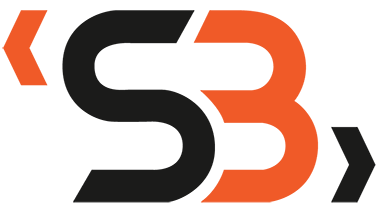
I’m not going to sugarcoat it. The main purpose here is to make more money.
This is not a course to turn you into a blogger. It is a plan to set you up for future success. Personal branding and blogging go hand and hand. I will teach you how something so simple as blog content and a style for interaction with potential customers can change your life.
Below is a rough outline of my step-by-step process on how a strong personal brand could change everything. Please take a look…
Step 1: You are the brand: niche selection
In today’s digital world, personal branding is more important than ever before. And one of the best ways to build your personal brand is through blogging. By expressing your style of expertise on a particular topic, you can position yourself as a subject matter expert.
Goal 1:
Goal 1 is to turn your blog into an online resume of sorts. Not a resume in the sense of where you went to college or where you worked. But more along the line of this is what I know and places should hire you because you clearly know what you are talking about.
By personal branding your blog it makes your posts and content an extension of you and what you bring to the workplace.
Goal 2:
Goal 2 is figuring out what content we will be posting about and setting a tone for our blogging content style.
The easiest way to launch your personal brand is by treating it like a small business and focusing on gaining a targeted customer or audience by common practice methods like content marketing strategy, having a target audience, social networks, followers, and a community.
First, we will start by giving your content a brand voice. In the simplest terms, your brand voice is the topic you will be marketing and building high quality content around.
Examples of personal branding and how it is used in blogging:
For example, let’s say you are a school teacher. Then your niche should be based on teaching. Related blog post ideas would be things like:
-
7 best tools for teachers to reach children
-
How to deal with in-class behavior
-
Best lesson planning resources
Another example would be, let’s say you are a plumber. In this case, your niche should be based on teaching others about plumbing.
Related blog post ideas would be something similar to:
-
How to a leaking toilet
-
5 best tools to fix your sink
-
Best tools for outdoor sprinkler systems
These blog posts might seem a bit broad at first but as we do some keyword research we will start to narrow down the focus to a subject more relevant to your personal brand.
Suddenly, your niche becomes much clear and the potential audience becomes much more defined.
Step 2: Setting yourself up for success
It is important to come into this with the mindset of small business owners and not some blogger writing about their personal experiences in life.
Like I said in the first paragraph, we are here to make money. We are going to achieve our goals of launching our newly found company in two ways.

Method 1: Blogging
Most online courses about blogging will teach you things like creating content about stuff you are passionate about or writing about things you are interested in. My style of blogging is much different.
We are here to increase your quality of life by putting my money in your pocket. Most of you reading this right now have a full-time job and are looking to start blogging as a way to quit your job. However, I want to take a different approach.
I want you to start blogging so you could build trust in your field and hopefully give you a voice of credibility in the marketplace.
At this point, you might be thinking “how are we going to do that”. Let me give you an example. Let’s say you are a project manager with 1-3 years’ experience. Like most, you are in your day-to-day grind but you want more.
With my plan, we are going to create you a website that will position you as a next-level personality in the project management space.
We are going to do this by creating data-driven articles that will generate traffic with strong blog content. By doing this your personal brand now becomes an asset to your success. You could add it to your resume and Linkedin page.
It will be a great conversation piece when you are interviewing. Or your next potential employer might be a member of your audience and would love your advice. The point is, that there are opportunities out there that you haven’t even thought of yet.
Method 2: Bloggers make money
Additionally to all of the clear benefits listed above, your blog could also make you money. I’m not going to get into all of the sales data, keywords, creating an email list, or guest content just yet. Those are all subjects listed below.
I want to make it clear that once your build is correct and you are consistent with relevant advice-driven articles, you will start to notice a rolling snowball effect.
The first 90 days is important but what is more important is being consistent. Week by week, article after article. These are the tools you will use to gain the traffic you want to build your personal brand.
The method is to content built so that your articles come up on page one of a Google search. Once that starts to happen, you will notice that your site will begin to gain more and more followers. From there you will start to incorporate things like paid ads, reviews for related affiliate products, and eventually maybe even your own series of online courses.
The point is, once you get this rolling the sky is the limit.
Step 3: You’re a personal business owner now
According to data from the Bureau of Labor Statistics, as reported by Fundera, approximately 20 percent of small businesses fail within the first year. By the end of the second year, 30 percent of businesses will have failed. By the end of the fifth year, about half will have failed.
Blogs are one of the safest small business venues you can start. Very little monthly overhead. Potential for passive income.
Making the decision to build a personal brand could be one of the best businesses to create. It is mostly online media. Their target audience has access and with social media, there is a community out there relevant to your content.
I say all of that with the caveat that like a business you will need to dedicate some time and money.
Common expenses:
-
Ahrefs – Keyword word research tool – Price: $99 a month
-
Surfer SEO – an online tool that will help you optimize your article – Free for startups
-
Hosting/Domain – Every website needs a name and a server for the files. My name domain name is SamBush.me and I use GoDaddy for my hosting. Price: $150 a year for hosting and they normally give you a free year on your domain name.
-
Email Marketing – Free for startups
I’ll go into depth above all of the items listed above in further articles but these are the most basic tools I highly suggest you use.
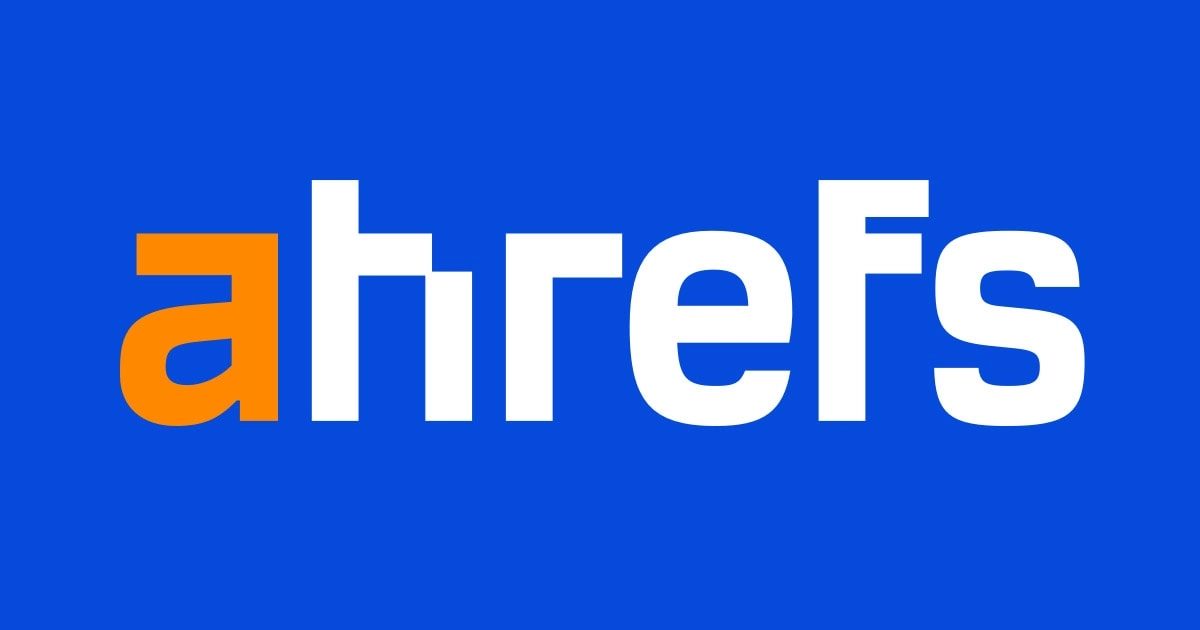
Ahref
Ahrefs is a tool that will allow you to find the keywords that will allow you to rank. I know this probably sounds hard but I’ll teach you it all.
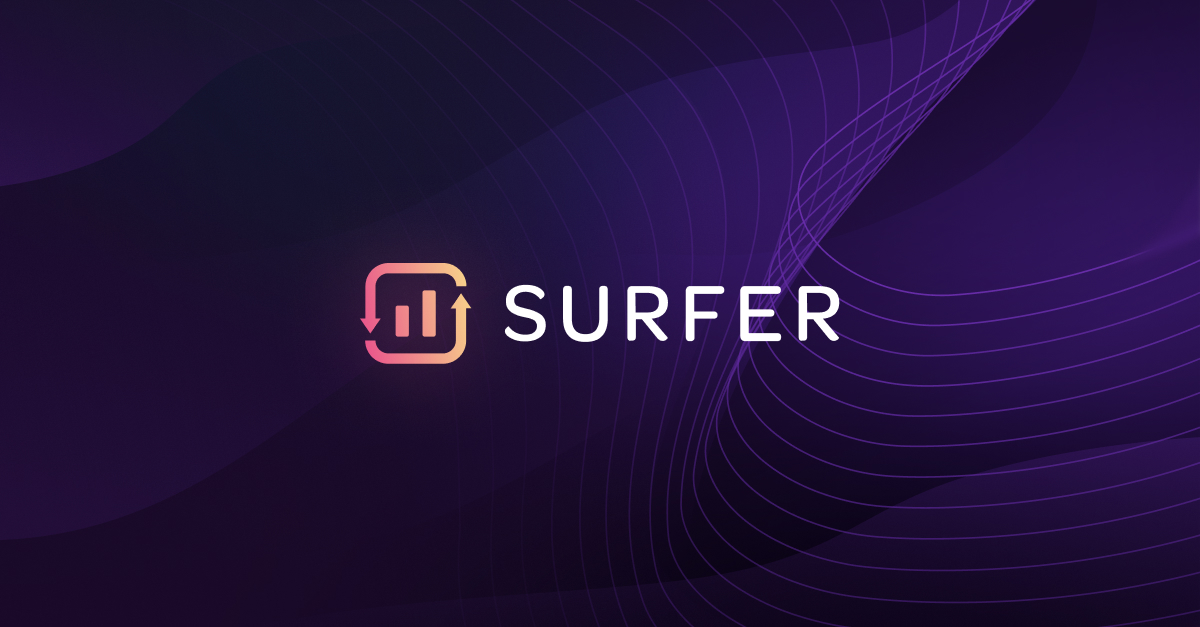
Surfer SEO
Surfer SEO is a must. It will scan your content as you write it and tell you how it ranks as is. It gives a ranking from 0-100 and even the keywords that you should be using in your article.
It truly is amazing and makes writing a blog post so much easier.
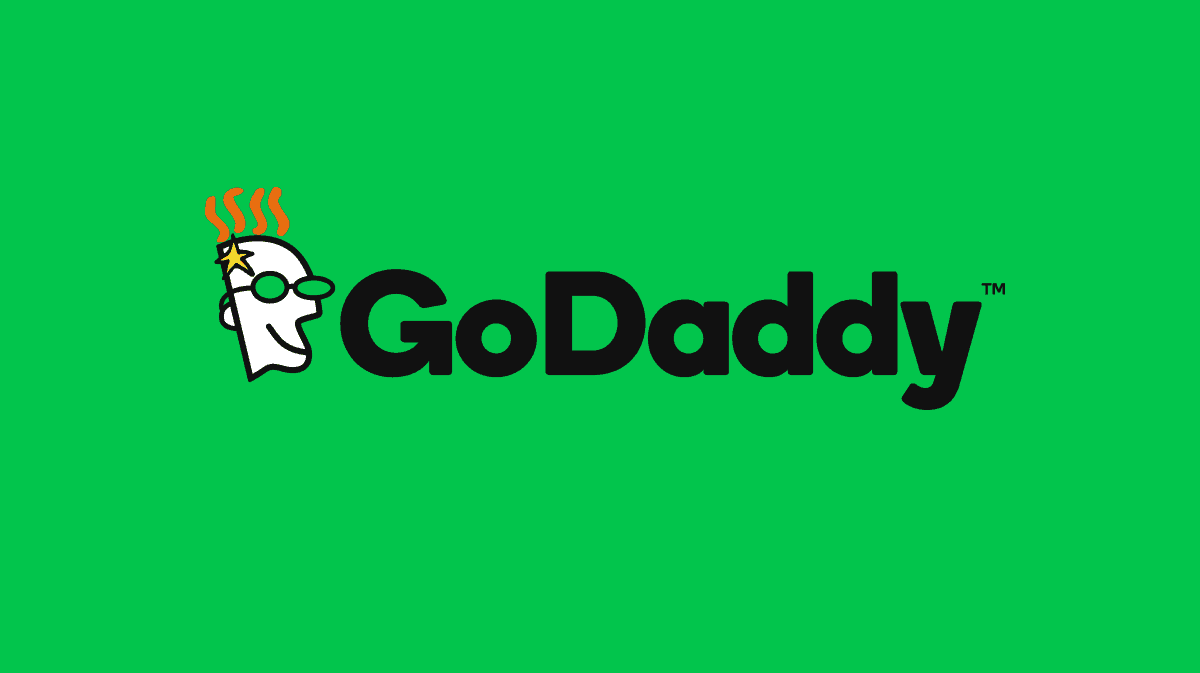
Hosting/Domain
Hosting/Domain is a must for all websites. Domain names are like real estate. No 2 sites can have the same address. This is why it is important to get your domain as soon as possible.
For example, I wanted to get SamBush.com but it turns out some badass banjo player beat me to it.
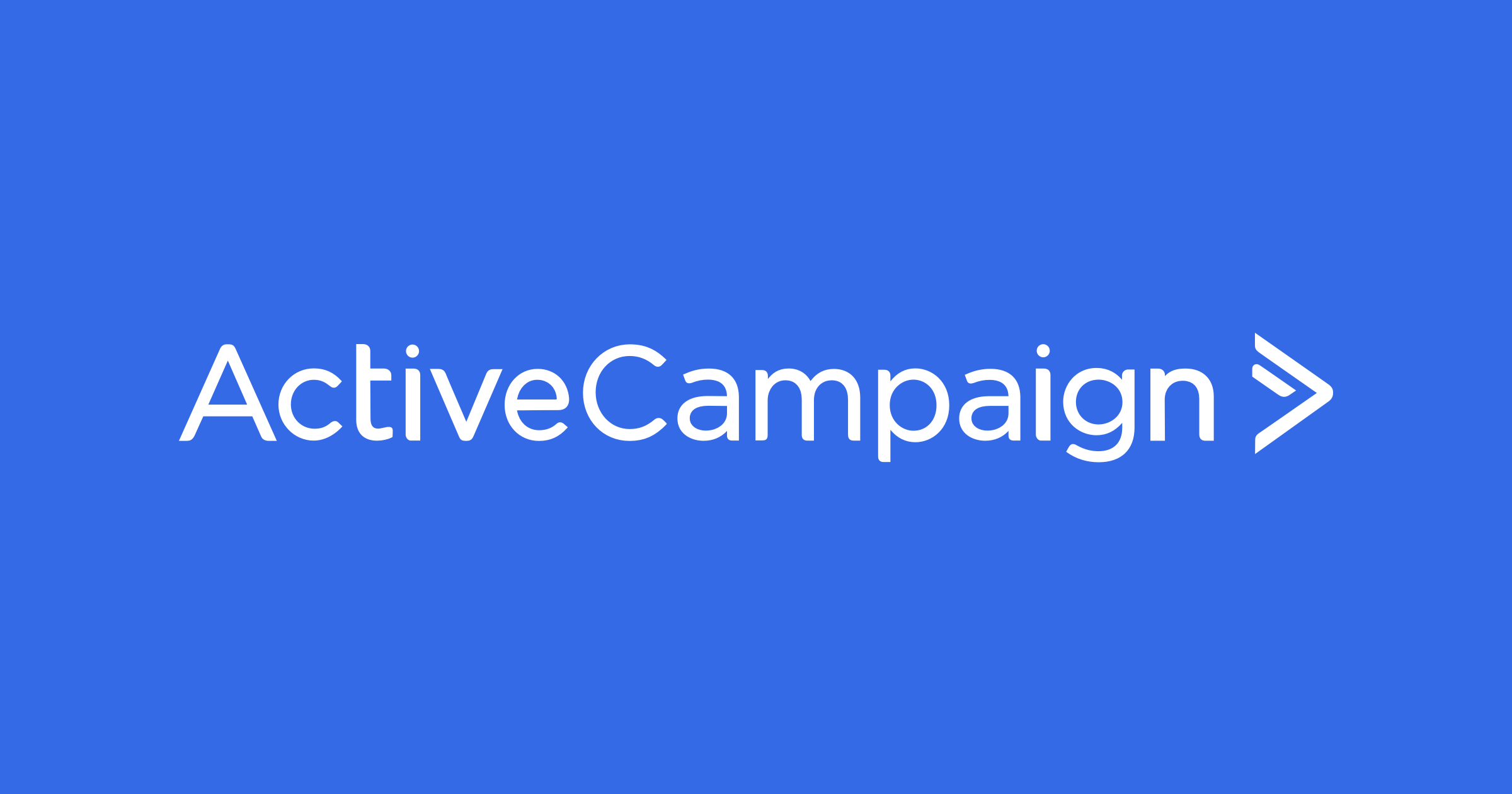
Email marketing
Email marketing has a return on investment (ROI) of $36 for every $1 spent. Flat out, email marketing makes money.
A mailing list is a clear asset to any business and I will show you have to use yours to maximize audience engagement.
Potential Expenses:
-
Content writers
-
AI writing tools like Jarvis
-
Social media content marketing
-
Email marketing specialist
Content writers
Once your site is making some money it is important to start thinking like a leader and delegate. Content writing services are everywhere nowadays.
Hiring someone to write posts that reflect your brand and are focused on the keywords you provide can be extremely beneficial. I will go into more detail about this later on, including examples.
Jarvis
If you would rather continue to write all of your own content articles maybe something like Jarvis would be better for you. Jarvis is online software that will write or rewrite content for you.
Bloggers use Jarvis all the time to take ideas and turn them into posts. It is a great way for bloggers to get a start on relevant content from just sentences.
Social media marketing specialist
Hiring a social media marketing specialist is a great do. There is no doubt that a strong digital presence on social networks like Instagram is great for brands that want to reach their target audience.
It is important to match the social media profiles with a similar brand style and even make sure the community followers are relevant to your brand.
Email Marketing
As listed above, email marketing is still one of the best and cheapest ways to interact with your target audience. Hiring someone with the skills to manage your blogging content can be an easy way for you to increase community outreach.
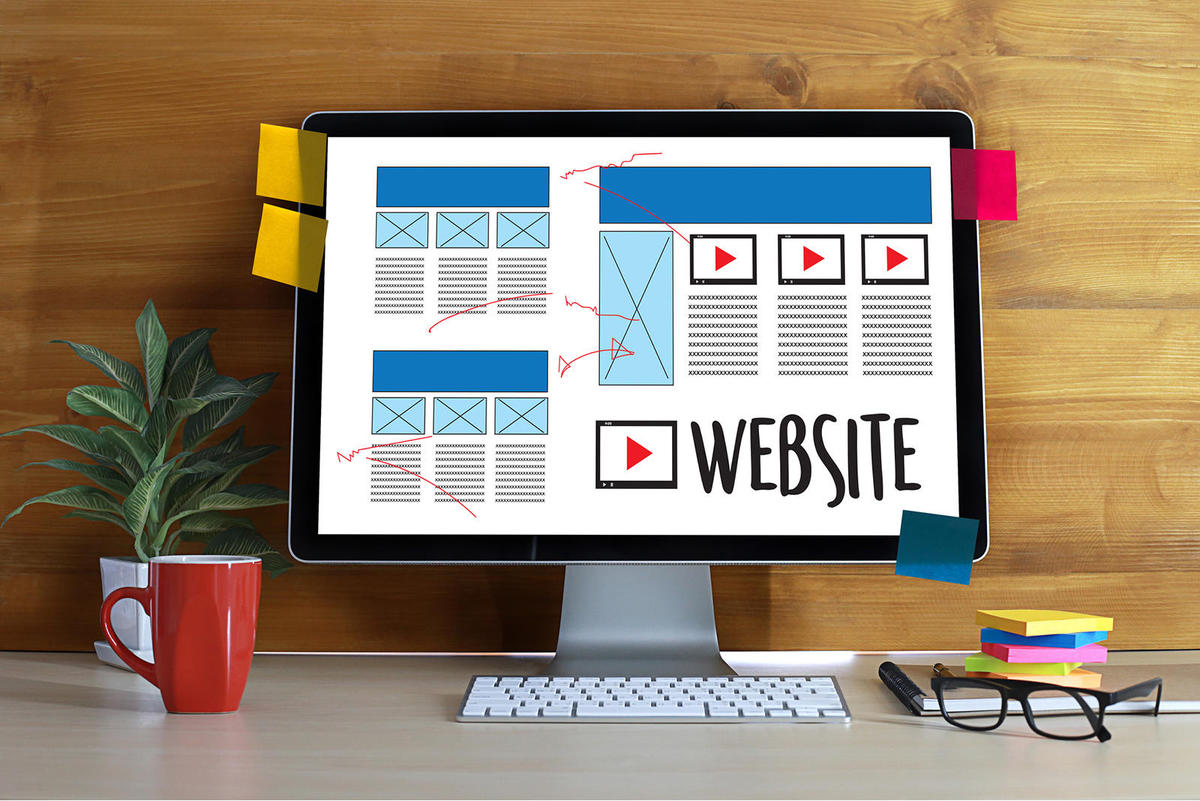
Step 4: I need a personal website!
I am going to assume most of you reading this are not website developers. Lucky for you, you don’t have to be.
Currently, WordPress makes up for over 80% of the internet. WordPress is the number 1 used blog platform for a reason.
WordPress takes the complexity out of simple tasks like page creation for a blogger.
Your blog is going to be your centralized place for all of your ideas and content. It is where you will create a post, adjust your colors and style, and even where you can run sales through for online products.
You can look at it like a brick and mortar store but digital. It is where you will go every day and plan things like sales, evaluate competitive brands, and where you try to entice your audience to come on in and take a look around.
With all of that being said, it is very important for me to stress. Rome wasn’t built in a day and neither will your website. Your blog is going to be one of those things you continue to build upon.
All that you need to do is start with a simple blog roll of posts and you could build from there.

Step 5: How long will this take?
Here we are. By now you should have a blog built around your personal brand. You should have a library of blog posts that are successful and are on page 1 in search results.
Hopefully, your email list has grown and your sending out consistent bi-weekly newsletters that reflect your company and the skills you have to offer. You should have a clear audience and you should know your marketing strategy.
I say all of that because it is important to know what you have before you reach for the bag of money. Let me break it down a bit further.
Timeline: 0-90 days
The first 90 days of your new personal branding business are critical to your success. First, you will need to have your site up and running.
To be honest, most people have a hard time getting past the launch of the site because they let perfection get in their way. They spend too much time on the logo. They keep adjusting graphics. They spend too much time adjusting the layout of the content in blog posts.
Most of the time they spend too much time focusing on the want t build high quality content. Don’t get me wrong, writing is a style of art to me.
When done right a well-written post could express the personality of the brand all while communicating the focus the writer wanted to create.
Now, even though I think it is beautiful to see I want you to go about this in a different manner. For the first 90 days, you should be posting at the very minimum one blog post a day.
That will be 12 blog posts by the end and this should give you a true sense of what it will take to build your personal brand.
By day 90 I hope you have the want to build content. After 3 months you should have a better understanding of how traffic is generated, how much time writing search-focused content really takes and most of all how you are going to be successful going after the community that best relates to your expertise.
Timeline: 90-120 days
This is when things start to pick up. It takes Google around 3-8 months to rank a website. That means that there is a good chance your brand new website won’t be found until now. Similar to planting seeds that is what a successful content strategy represents.
By day 90, you should have at less 12 blog posts and hopeful a list of 20 more you want to create. At this time it is imperative to start your community outrage and start generating backlinks.
What is a backlink?
Backlinks are any time a site links back to yours. For example, let’s say you reach out to a similar blog that has a like-minded personal brand to yours. On the surface, your human nature might be to look at them like competition and want nothing to do with them.
However, a common method in the blogging world is to do a one-for-one guest post. This would be a situation where you both write an article for each other’s sites linking back to your own.
Why are backlinks so important?
Why are backlinks important you might be asking. We might be getting into some of the more technical stuff now and I would rather have something more focused on this subject but for now, I’ll keep it simple.
Backlinks from similar topics to yours let Google know that you are somewhat of an expert in that subject. There are a lot of factors that go into your domain authority and backlinks are just one of many.
There are other factors like high quality content, search intent, and much much more. Honestly, there are jobs out there called Search Engine Optimization Specialist, and their purpose is to go over analytics data to come up with marketing strategies based on getting higher domain authority.
If you are feeling a bit overwhelmed by this please don’t.
I will have something up shortly that will bring all of this into focus.

Conclusion:
The choice to start your personal brand is just the beginning. It is not for someone who wants instant success. It is a long-term plan that will take months and sometimes years to get written.
During the journey, you will gain new skills that will help you build out your knowledge base and might even take you on a completely different career path.
Blogging with the intent to create a strong personal brand is one of the best small businesses to start and can potentially create a passive income that will allow you to make money while you sleep. That to me sounds like a perfect opportunity.
